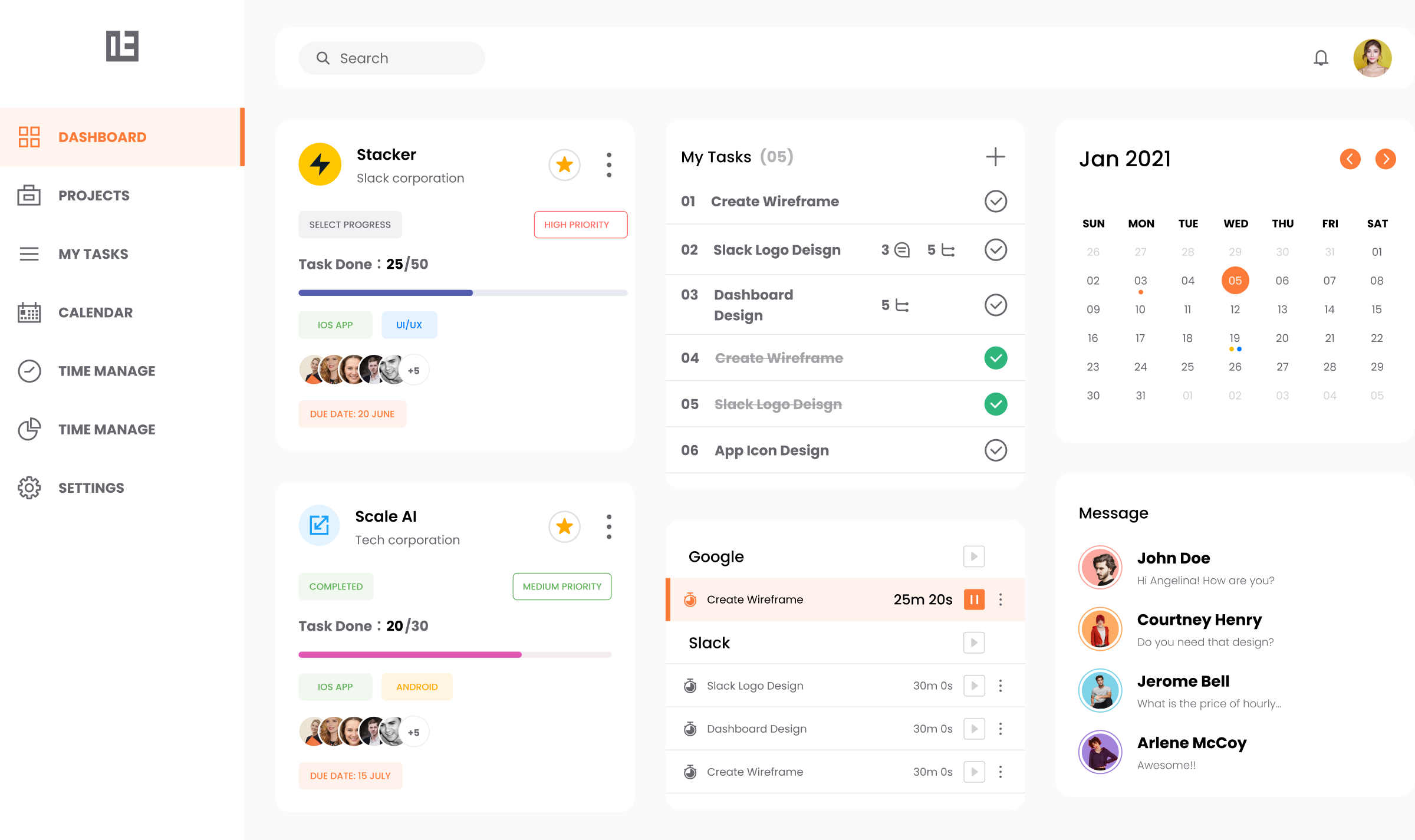OpenAI has introduced a new workspace interface called Canvas within the ChatGPT application, aimed at assisting users with writing and coding projects. Currently, this feature is available for ChatGPT Plus and Team users, with Enterprise and Edu users set to gain access in the coming days.
“Canvas opens in a different window, allowing you and ChatGPT to work together on a project. This early beta presents a new approach to work together—not just through communication, but by generating and refining ideas side by side,” the OpenAI’s official blog reads. The company also plans to release Canvas for all ChatGPT Free users once it has completed the beta stage.
How does Canvas work?
The newly launched Canvas feature is a virtual workspace within ChatGPT, designed to facilitate consultations on specific project elements. It opens in a separate window from the main conversation, allowing developers to input their writing or code and highlight sections for the model's attention. According to the official blog, Canvas activates automatically when ChatGPT identifies its potential usefulness. Users also have the option to enable Canvas for both new and existing projects.
The users control the project on Canvas and can directly edit, text or code. Additionally, there are several shortcuts to ask ChatGPT to adjust writing length, debug the code and quickly perform other useful actions. These shortcuts include:
– Suggest Edits: ChatGPT provides in-line recommendations and feedback.
– Change Reading Level: Users can adjust the reading level, from Kindergarten to Graduate School.
– Add Emoticons: Add relevant emoticons for emphasis and colour.
– Add Final Polish: Rechecking for Grammar, clarity and consistency.
– Adjust the length: Users can edit the document length to be shorter or longer.
Apart from this, Canvas also includes several coding shortcuts such as:
Review Code: The ChatGPT gives suggestions to improve the code.Add Comments: Add comments to the code, making it easier to understand.Fix Bugs: Detects and rewrites faulty code to resolve issues.Add Logs: Adds print statements to help you debug and understand the code.Port to a language: Users can Translate their code into JavaScript, TypeScript, Python, Java, C++ or PHP.








